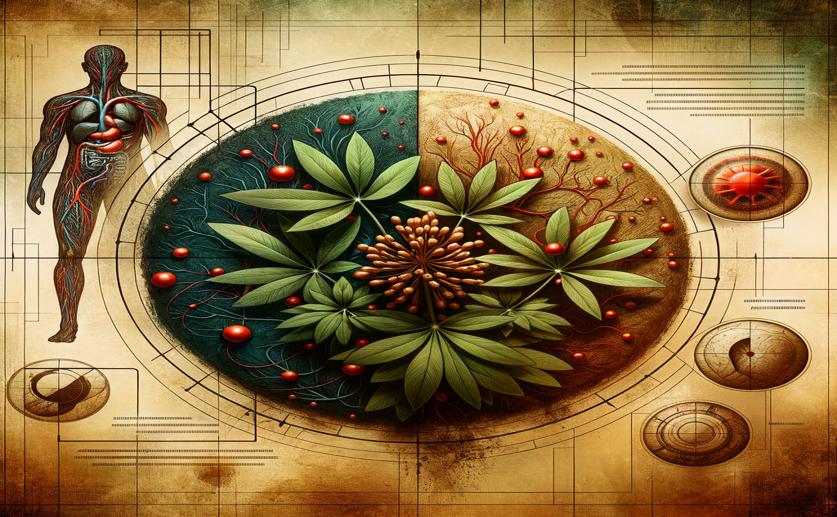
Astragaloside IV Reduces Intestinal Inflammation by Blocking NLRP3 Activation
Jenn Hoskins
20th May, 2024

Image Source: Natural Science News, 2024
Key Findings
- Researchers at Hunan University of Chinese Medicine found that Astragaloside IV (AS-IV) can reduce inflammation in the small intestine caused by NSAIDs in rats
- AS-IV significantly decreased the ulcer index and improved the surface and microstructure of the small intestinal mucosa
- AS-IV also reduced levels of key inflammatory proteins and factors, suggesting it could be a promising treatment for NSAID-induced intestinal issues
References
Main Study
1) Astragaloside IV ameliorates indomethacin-induced intestinal inflammation in rats through inhibiting the activation of NLRP3 inflammasome.
Published 18th May, 2024
https://doi.org/10.1016/j.intimp.2024.112281
Related Studies
2) Non-steroidal anti-inflammatory drugs and the gastrointestinal tract.
3) Protons pump inhibitor treatment and lower gastrointestinal bleeding: Balancing risks and benefits.
4) Misoprostol Heals Small Bowel Ulcers in Aspirin Users With Small Bowel Bleeding.



 18th May, 2024 | Jim Crocker
18th May, 2024 | Jim Crocker